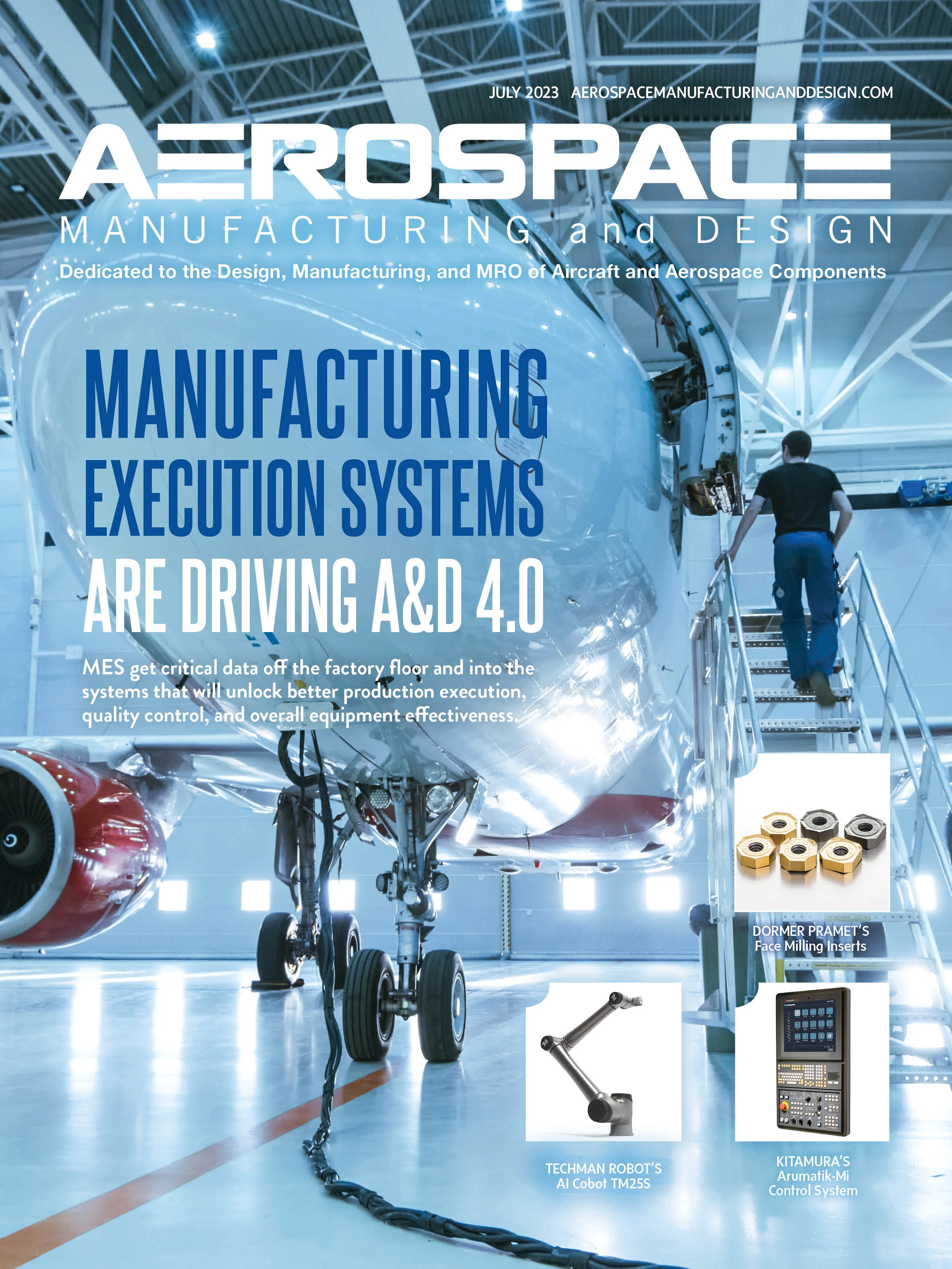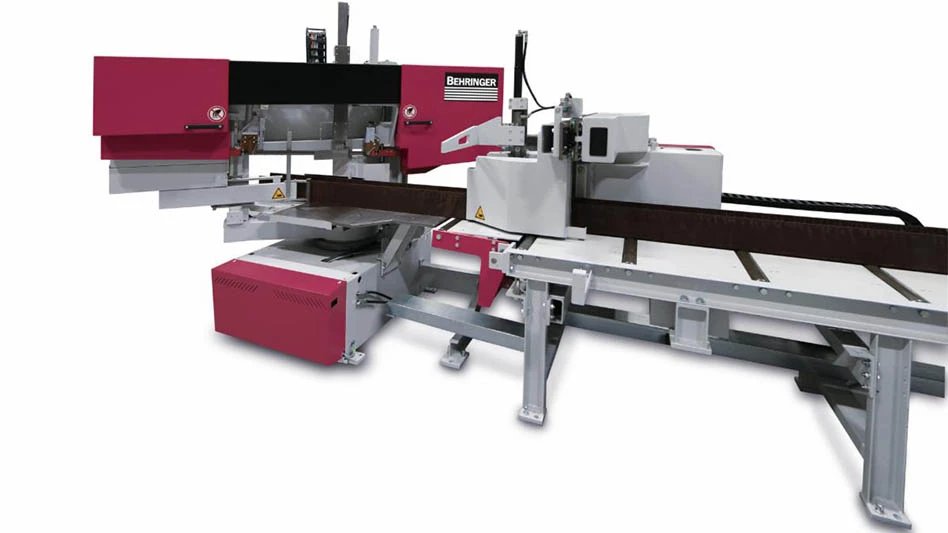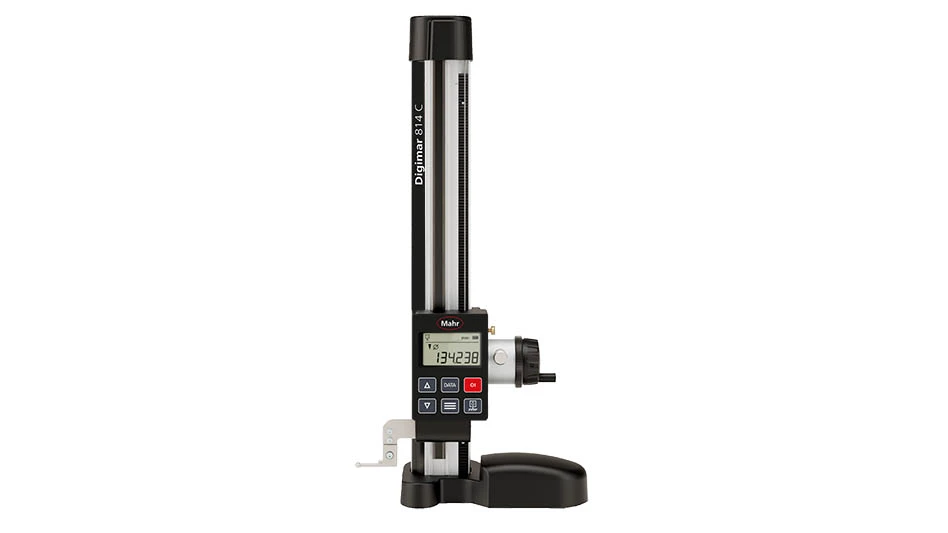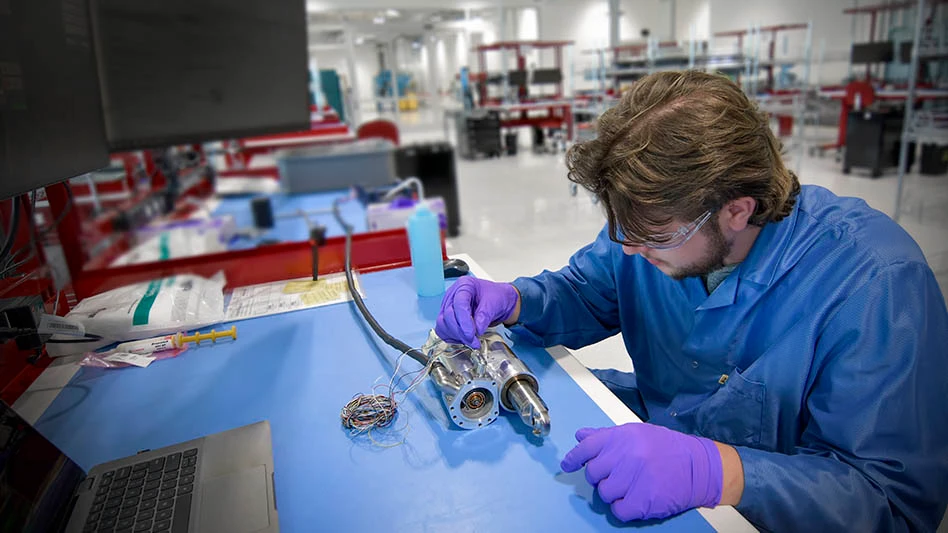
Some describe artificial intelligence (AI) as an existential threat to humankind; others see it as having the potential for enormous benefit. It’s too soon to tell which view will prevail but scrutiny of AI is growing.
The National Institute of Standards and Technology (NIST) defines AI as “an engineered or chain-based system that can, for a given set of objectives, generate outputs such as predictions, recommendations, or decision influencing real or virtual environments.”
Since its public introduction late last year, AI service ChatGPT has been eagerly adopted by marketers for its ability to manage customer interactions and by essay writers for its uncanny ability to mimic human creativity.
According to a German smart automation and robotics trade fair automatica poll, 63% of employees in the U.S. welcome AI services such as ChatGPT to help them make the right decisions in the workplace. However, nearly 80% want such digital tools to be instantly recognizable as machines and 81% say using digital technology must leave people in control.
The National Association of Manufacturers (NAM), representing manufacturers across industrial sectors in all 50 states, seeks a smart federal AI policy. NAM Director of Human Resources and Innovation Policy Julia Bogue recently told the Department of Commerce manufacturers are chiefly concerned about AI in four areas:
Safety: AI is used in factory settings to make tasks safer, by studying movement that could lead to repetitive-task injuries.
Training: AI can teach workers to complete tasks and learn new procedures on the job.
Efficiency: AI can sift through large volumes of data to improve manufacturing equipment predictive maintenance that minimizes disruption.
Product design and development: AI can make products safer and improve quality and efficiency.
Bogue told Commerce Department officials the NAM believes AI’s growth represents an opportunity for manufacturers, emphasizing the need for careful, smart regulation that shouldn’t restrict innovation or competitiveness. Nearly 80% of respondents in the NAM’s recent Manufacturing Leadership Council survey believe “manufacturers should adopt a code of ethics or conduct” for the use of AI.
The federal government should tailor its regulations to different sectors, evaluating the risks of particular use cases instead of applying a single standard, Bogue says.
Since AI’s potential applications have implications for economic leadership and national security, the NAM advocates for a federal data privacy standard that prevents a patchwork of state privacy laws and provides legal clarity to support continued innovation and competitiveness.
Bogue says manufacturers support the NIST’s AI Risk Management Framework as a tool to regulate AI that can be adjusted to keep up with the ever-evolving technology.
Regulators should also consider that our present understanding of risks, costs, and benefits may be limited because AI technology lends itself to future unanticipated breakthroughs and applications. – Eric

Explore the July 2023 Issue
Check out more from this issue and find your next story to read.
Latest from Aerospace Manufacturing and Design
- Malaysia Aviation Group orders 20 more Airbus A330neo widebodies
- More displacement from space-tested piezo actuators
- Textron Aviation to bring its largest-ever lineup to 2025 EAA AirVenture
- Qualified materials for 3D-printing mission-critical applications
- #69 Manufacturing Matters - Shopfloor Connectivity Roundtable with Renishaw and SMW Autoblok
- Demystifying Controlled Unclassified Information (CUI)
- Simplify your shop floor operations while ensuring quality parts
- Happy Independence Day - July 4th





